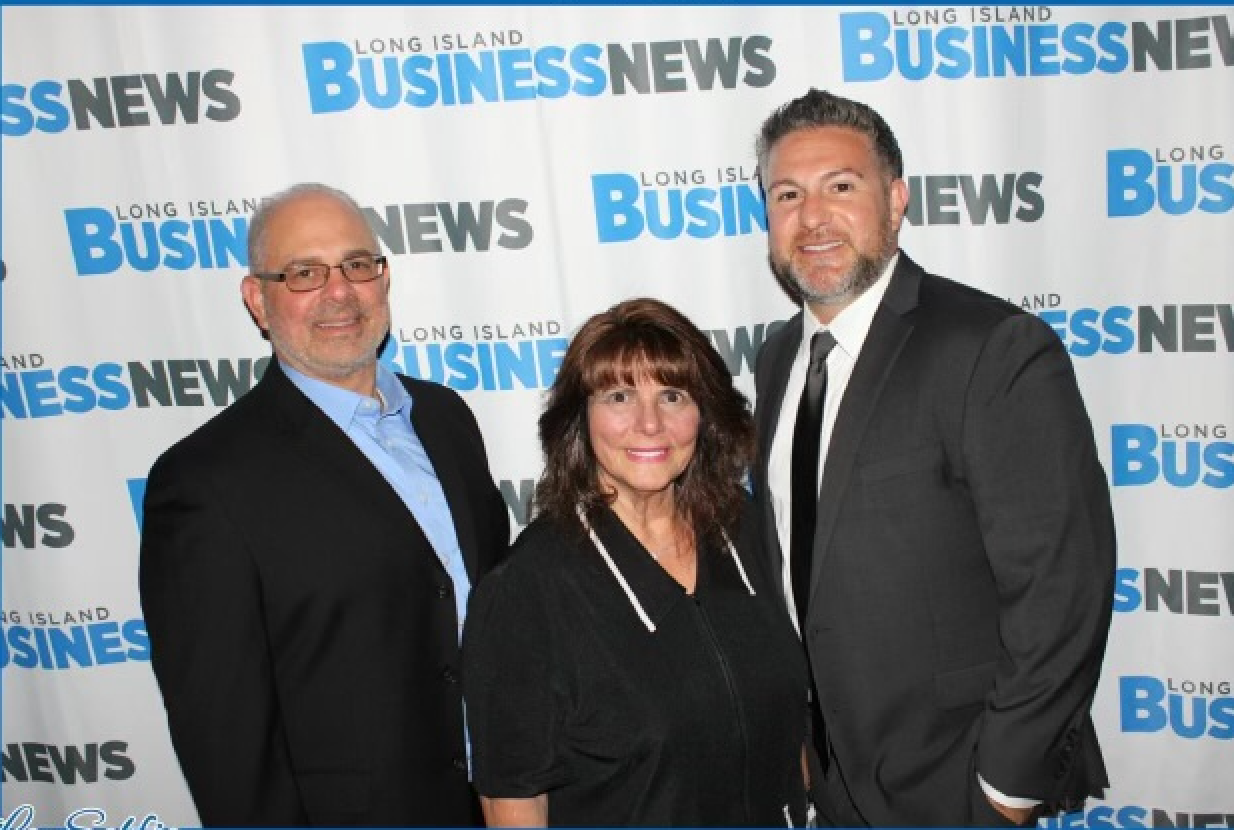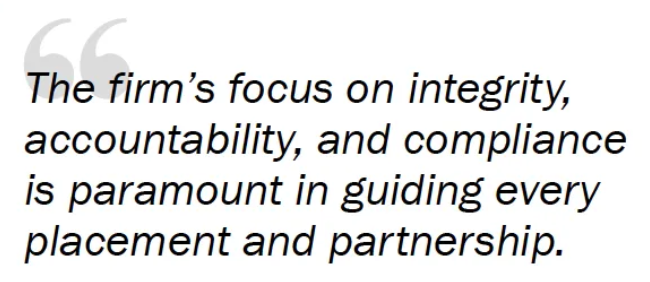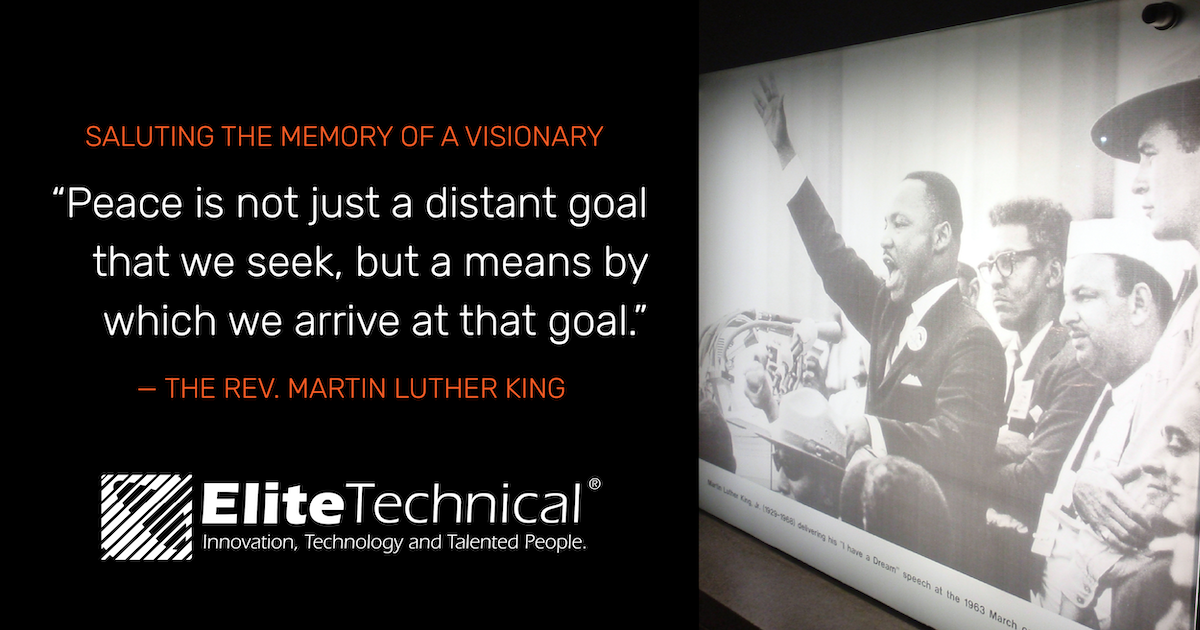Post-Military Leader and CEO William Toti Recalibrates Military-to-Industry Transition Training
His New Book Offers Insight and Advice for Veterans

Dispelling the myth that military leadership translates to easy success in corporate environments, Captain William Toti, US Navy (Retired), offers a new take on transition training and expectations.
His new book, From CO to CEO: A Practical Guide for Transitioning from Military to Industry Leadership , teaches veterans the realities of industry and how to navigate in a new environment. Also a terrific resource for military-talent recruiters, the book provides insight to the mindset and information needed for less stress and more success. Want to read it? Elite Technical has arranged free audio books for the first 10 individuals who send a request to Captain Toti via his website contact page.
According to Captain Toti, veterans change jobs every two years, on average, indicating the frequent mismatch between expectations and reality. “From my experience, that data point is not because of shifts in general (employee) culture, but because mismatches are made between the employee and the employer….The veteran loved the idea of the job at the start, so something went wrong,” said the captain.
The former submarine captain and submarine fleet commodore – who eventually rose to the position of CEO of a defense company and earned an impressive series of military and industry awards — says current military transition training reinforces the inaccurate assumption that veterans simply need to “leverage [their] leadership experience” to succeed in civilian enterprises.
The truth is far more complicated. Successful military-to-industry transition requires understanding the stark difference between military culture and the ethos of a corporate workplace. Success at one’s new job requires a shift in viewpoint and expectations, as well as the ability to excel at “hard and soft industry skills and everything in between,” according to Captain Toti. Worse— he thinks that the transition training your military service gives you when you leave active duty may set you up for failure. “The military wants you to feel good about your time on active duty, and you should feel good about that. But in building up your feeling of self and past service, they unintentionally lower your guard on the changes you will have to make in your life to succeed in your future career.”
Recommendations in his book draw on observations and
experiences gleaned during his 26+ year
military career and later industry leadership positions
with enterprises,
such as Raytheon, Hewlett Packard, Cubic Global Defense (CGD), DXC, Maritime
Sensor Systems at L3 Technologies (now L3 Harris), and Spartan Corporation, a defense manufacturer of maritime and naval
systems, from which he retired in January 2022.
“Luckily, when I started at Raytheon (in 2006), as soon as we realized we had a disconnect, they were willing to train me,” he recalled. Post-transition, Toti recognized the information gap impeding his success in the corporate world – and his employer saw the value in training over separation. Not all veterans are so lucky. Lack of proper knowledge, training and expectations often lead to employment failures.
For example: “[Military members] on active duty never fail to understand the mission. They know what they are doing is important,” he explained. But “the mission” is less obvious when veterans join a civilian company. These individuals are used to being mission driven. In industry, “They start to question why they are doing what they are doing. And, many become disillusioned, thinking, Am I just working to make money for my boss?”
Civilians, in general, don’t struggle with the profit basis that drives industry forward. They have lived with it from corporate “birth” and naturally understand it, said Captain Toti.
But for veterans drilled in ideal-centered missions, such as protecting the homeland, advancing democracy, and safeguarding American values, “this failure to grasp their new mission can be a huge stumbling block. Veterans often don’t feel the same ‘fire in the belly’ absent a strong sense of higher purpose,” explained Captain Toti. Yet, their new corporate bosses do expect to see just that in them – and they expect it to drive results.
“When I made the transition, I learned bit by bit that most
of what the folks teaching my transition course told me was flat-out wrong. Then,
as I progressed up the career ladder, I saw thousands of other military people
transition and make the same mistakes I made. I realized this problem was not
isolated to just me—it was systemic. So,
I wondered, ‘How do I get the information and knowledge I need to survive and
excel in industry?’ I tried my best to counsel folks one-on-one, but that is
inefficient. Nobody has the time to help
everyone that needs help, while still doing their actual job. I decided the book was a much more efficient
way to reach out to the broader military population.” His engaging story
reveals what he learned the hard way.
“The capacity for strong leadership doesn’t save you from lack of knowledge or mismatched expectations,” he added. “You need to learn a lot of other stuff to succeed in industry. Transition training typically tells people they will have to think differently, but it doesn’t tell them how or why. How does a company operate? What’s important to them? What’s the difference between a public and private company? What are those executives really looking for in their employees?
“Leadership is hard, but it’s even harder when you are leading people who can actually quit! [You realize that] when you succeeded in the past, it was [under] a certain constrained and limited set of conditions. You assume that prior success yields future success, but it doesn’t really [work that way in other settings.]
If, for example, “You find yourself leading a business, and employees start bailing on you. Perhaps you are not exhibiting the right behaviors or articulating the right vision. The point is even the leadership skills you gained don’t necessarily translate in industry. You need to develop a correct understanding of how things are different in this new civilian environment,” said Captain Toti.
In Toti’s view, success happens when an individual’s passion for learning leads to understanding the nuances of other systems, technologies, and environments. Industry longevity among veterans will improve when all parties — veterans, transition experts, recruiters, and industry leaders — better understand the background, experience, knowledge, skills, and expectations required for success, and take action to close gaps that will always exist.
For more information on this topic, check out this
book.
Or reach out to Donna Anselmo,
Director of Marketing
Communication at Elite Technical
,
or visit: WilliamToti.com














